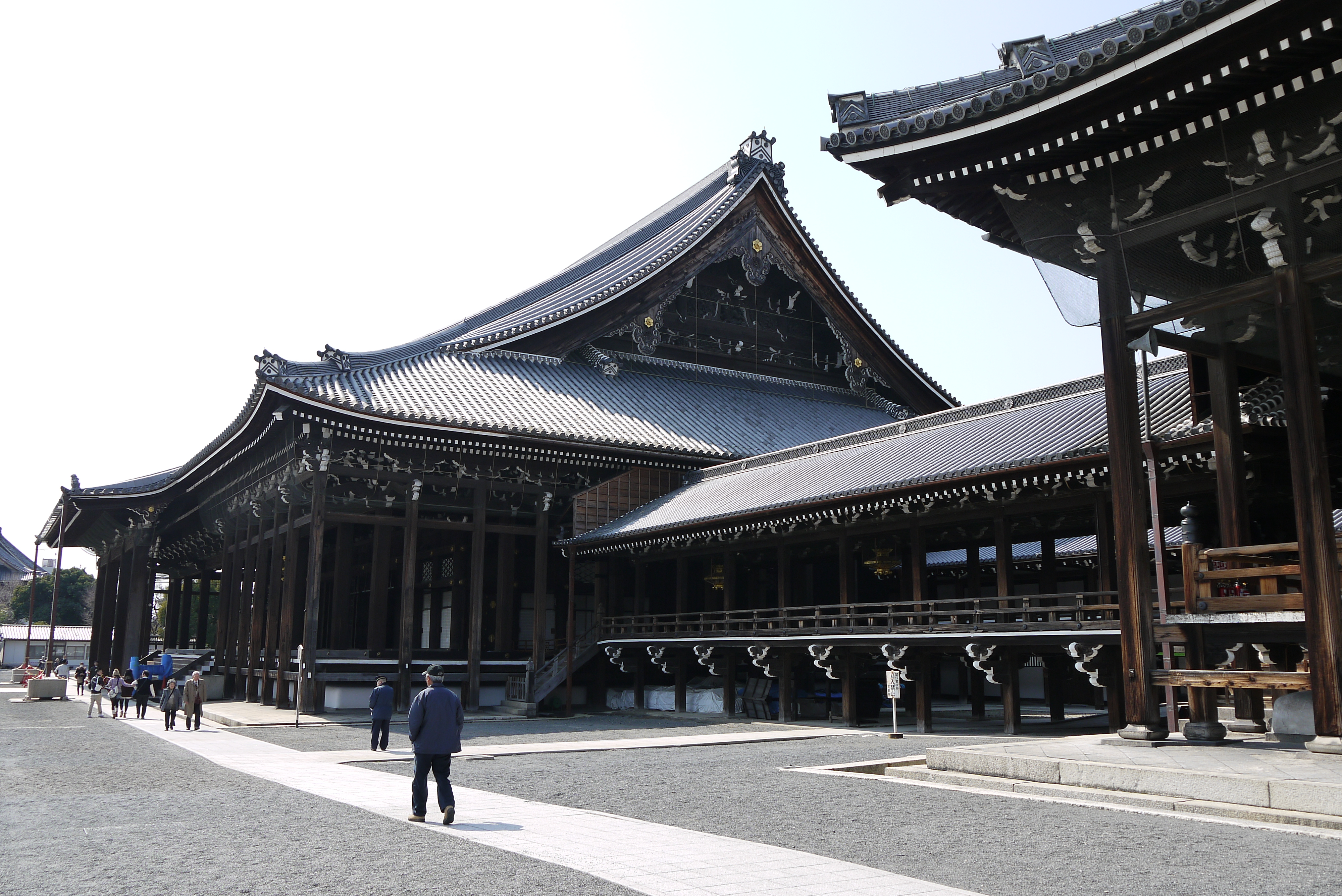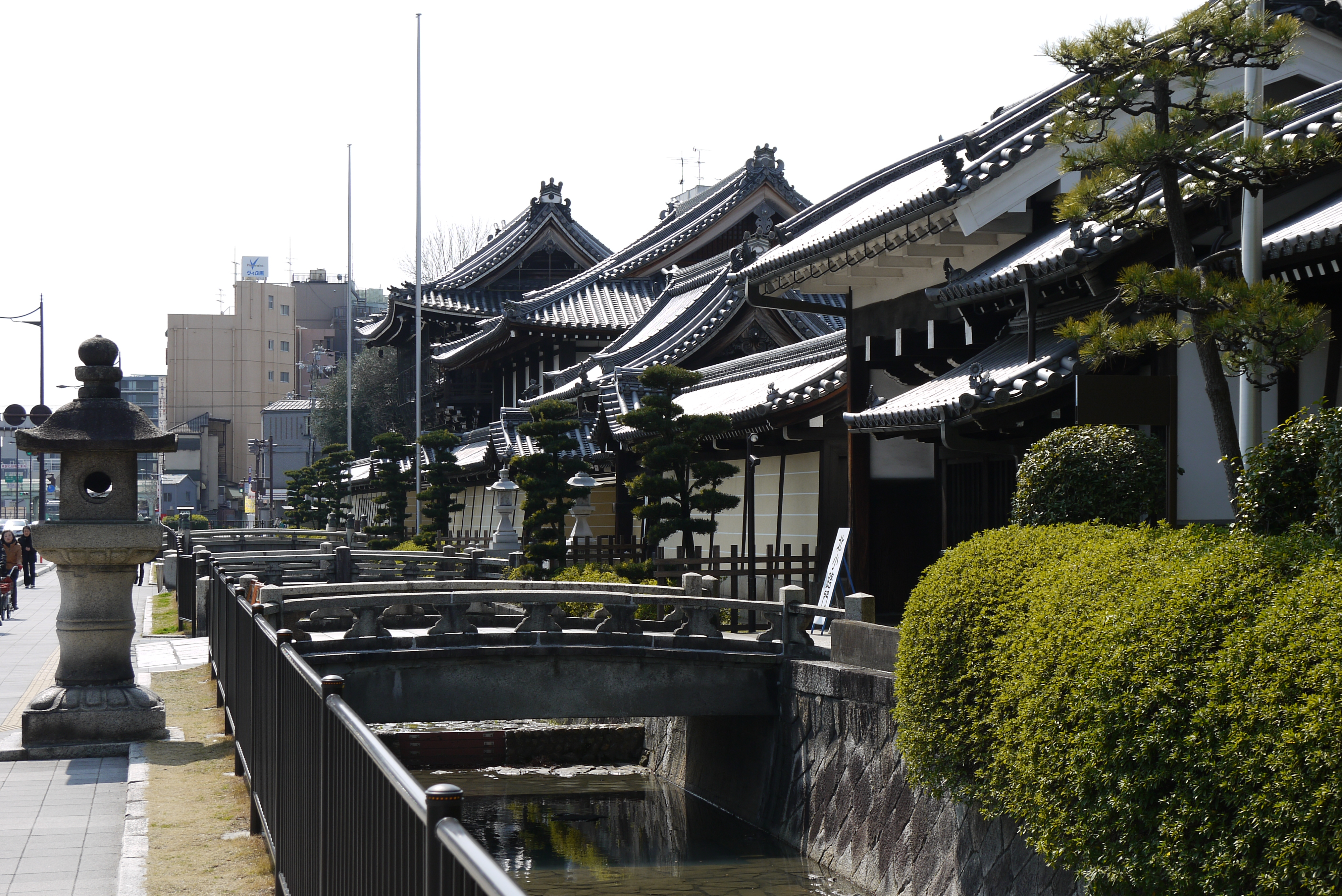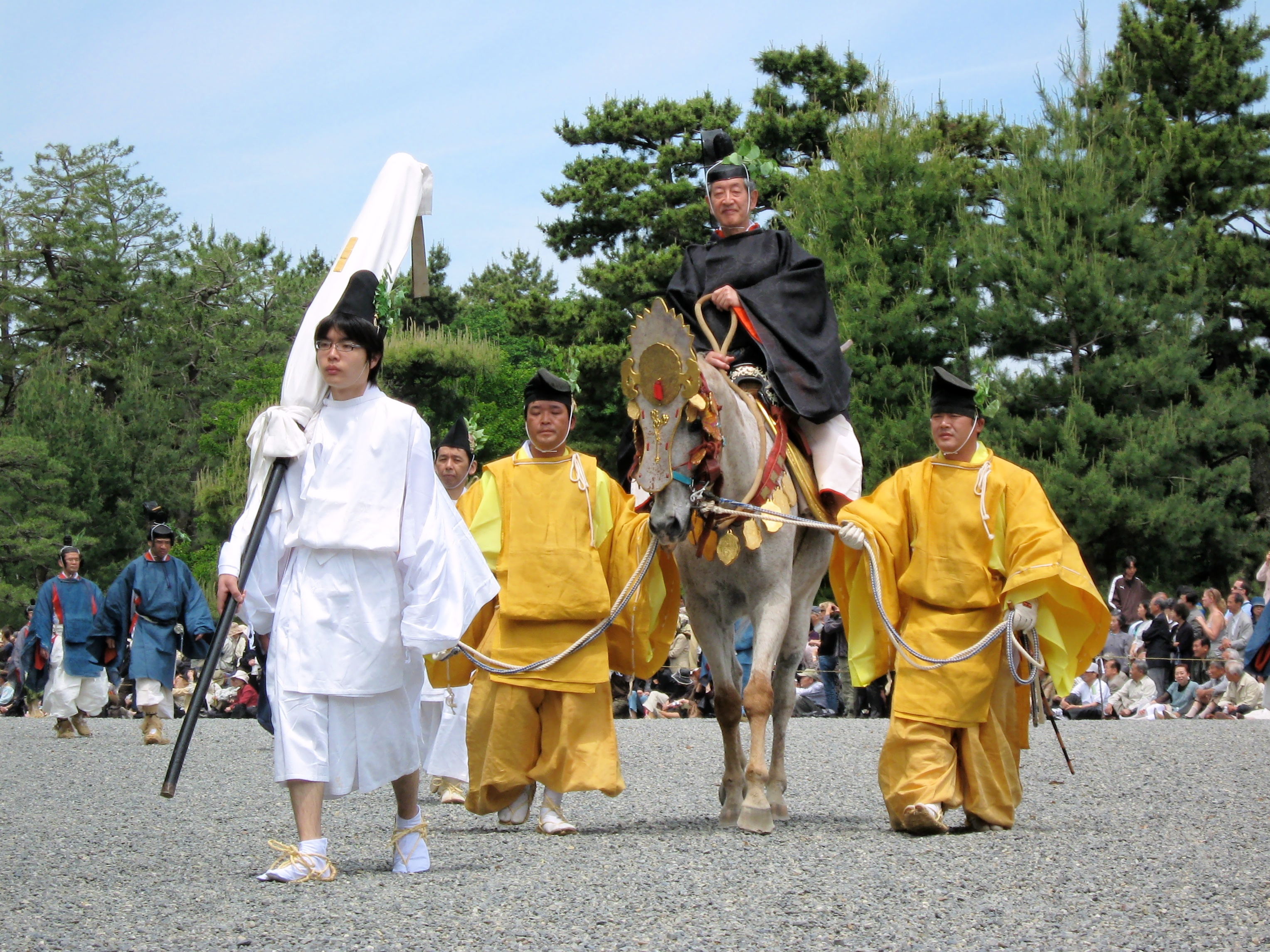Where did the term “Land of the Rising Sun” come from? In the past, China developed most of the marks and symbols of advanced civilization, in areas as diverse as writing, city architecture and bronze trading posts — all 2,000 years before Japan.
As a result of this dominance, China had an enormous influence on Asian culture, sharing its philosophies, political structures, architecture, religion, clothing styles, and written language.
With such a powerful influence, when Japan was described early in its development, it was done from a Chinese perspective.
So when the Chinese looked to the east, at the location of Japan, they looked towards the dawn. That's how they called the country as the country of the rising sun. But other stories are also told about the origin of this title.
We recommend reading:
- Japan's Top 5 Islands All History
- Coins of Japan - Knowing the Yen and its history
- Japanese Anonymous – Does Japan prefer anonymity?

Índice de Conteúdo
Japanese History of the Land of the Rising Sun
By the time the first Japanese ambassador was sent to the eastern Chinese capital of the Han dynasty in AD 57, Japan was called “Wa” (和), a name that also designated the Japanese people.
According to contemporary Chinese accounts, these early Japanese “fed raw vegetables, rice and fish. They had vassal-master relationships, taxes collected, provincial granaries and markets. They also had violent succession struggles.”
In the 1st century AD, a clan, the Yamato, began to dominate their neighbors, and in the 5th century AD, they became synonymous with leadership for Japan. As a single central government emerged, Japan increasingly followed Chinese culture, including its methods of administration.
Around AD 600, Japan's Prince Regent Shotoku (AD 574-622), who was a huge fan of Chinese culture, introduced a wide variety of Chinese influences to Japan. He adopted the models of Confucius of classes and etiquette.

Choosing the Term Land of the Rising Sun
Shotoku also adopted the Chinese calendar, developed a similar road system, built numerous Buddhist temples, a similar judicial system, and sent Japanese students to China to study Buddhism and Confucianism, establishing diplomatic relations with that country.
Additionally, Shotoku is widely credited in Japan for creating the name Nippon ("Sun's Origin") for the country. The reports say that the Prince, in the year 607 AD, at the time of the first embassy of the Sui dynasty, sent a letter to the Chinese emperor, Yangdi, which said: “from the Son of Heaven, in the land where the sun rises to the Son of Heaven on earth where the sun sets.”
Read also: How do you say Japan in Japanese? Nihon or Nippon?
Apparently, the Chinese were offended that Shotoku tried to name himself “Son of Heaven” on the same footing as the Chinese Emperor, also named that way. However, the part that says “in the land where the sun rises” was also marked as an identification of Japan.

Regardless, in AD 645, as per the history of Japan, a coup led to the introduction of the Taika reform. Intended to further centralize government, the reform eliminated private ownership of land, placing it under its control. As part of this reform, Nippon, Nihon (both meaning “origin of the sun”) and Dai Nippon (Greater Japan) were used in diplomatic documents and chronicles in place of Wa (Wo).





